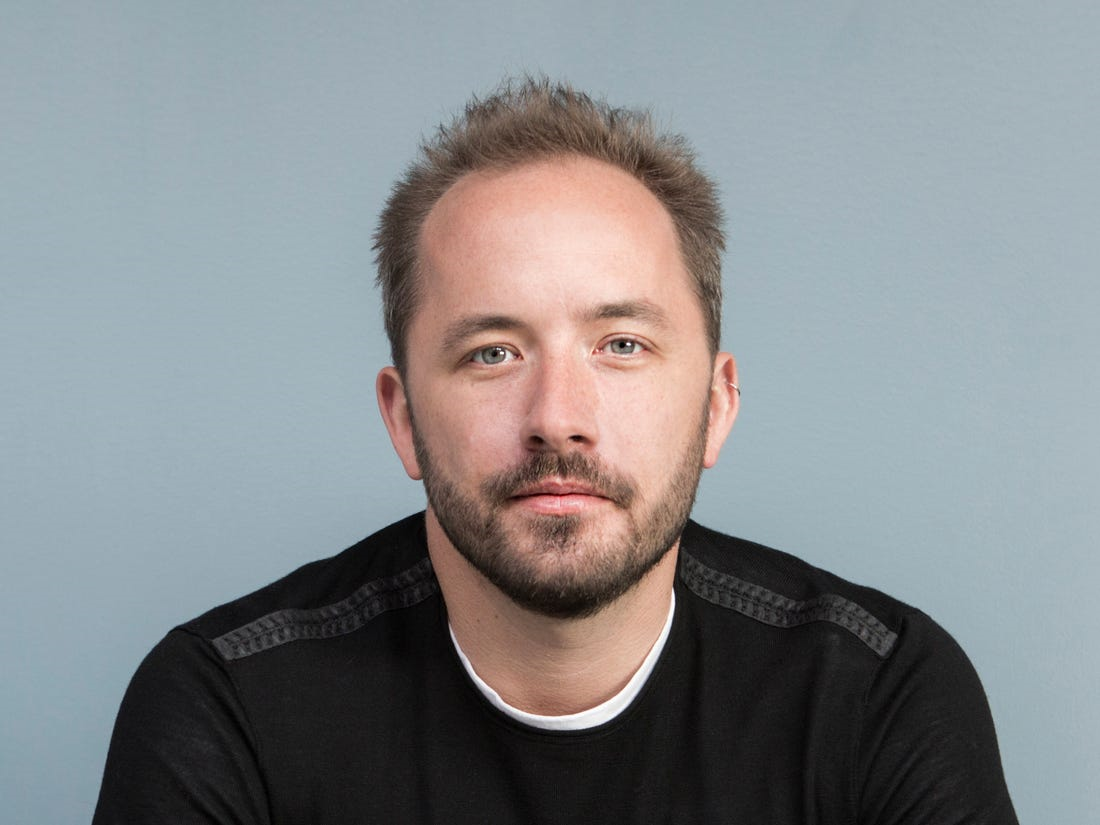
Although the COVID-19 pandemic has disproportionally affected businesses that rely on in-person work, it has also accelerated the adoption of remote work for enterprises of all sizes. Drew Houston, co-founder of file-sharing service Dropbox and Massachusetts Institute of Technology (MIT) graduate, is prepared for his company to rise to the occasion of improving the digital workplace.
Founded in 2007 by Houston and Arash Ferdowsi, Dropbox has grown from a two-man startup to an essential utility for over 500 million users, increasing in value steadily as the company, and the tech industry in general, has matured. From its inception, the cloud-based storage system attracted the attention of industry heavyweights like the late Apple founder Steve Jobs and Facebook CEO Mark Zuckerberg, but with the help of the Y Combinator startup accelerator, they were able to grow Dropbox organically into a major market competitor. In 2020, Ferdowsi left the company amicably, leaving Houston in charge of a team of over 1,000 employees in what has been lauded as a top 50 workplace.
From day one of Dropbox, Houston has been its catalyst; while he was attending MIT, he conceived the platform as an alternative to his thumb drive. After attaining a Bachelor of Arts degree in computer science, the budding entrepreneur recruited Ferdowsi directly from MIT and the commonality of the high standards of the university made the two a formidable team.
Throughout his company’s ascent to the top of Silicon Valley, Houston has credited his alma mater for his, and thus his company’s, success. As a student, he grew his personal circle of inspiration, making lasting connections by participating in the Entrepreneurs Club and joining the Phi Delta Theta fraternity, whose former members include Frank Lloyd Wright and Neil Armstrong. Now as a successful entrepreneur, he hopes to inspire the next generation of tech innovators at MIT. He has donated to the MIT Stephen A. Schwarzman College of Computing and in 2013 he gave a commencement speech where he encouraged graduates to find the problems they are obsessed with solving.
After more than a decade of building one of the most recognizable brands in cloud computing, Houston is poised to lead the industry into the future of distributed workforces. For its effort, Dropbox has already released enhancements to its collaborative work tools and account security, aiming to create optimal flexibility as enterprises work out the kinks of remote offices. Houston’s determination to advance remote workplace development is earnest; the entrepreneur has already amassed a fortune of $2 billion, making him one of a few billionaires under 40.
